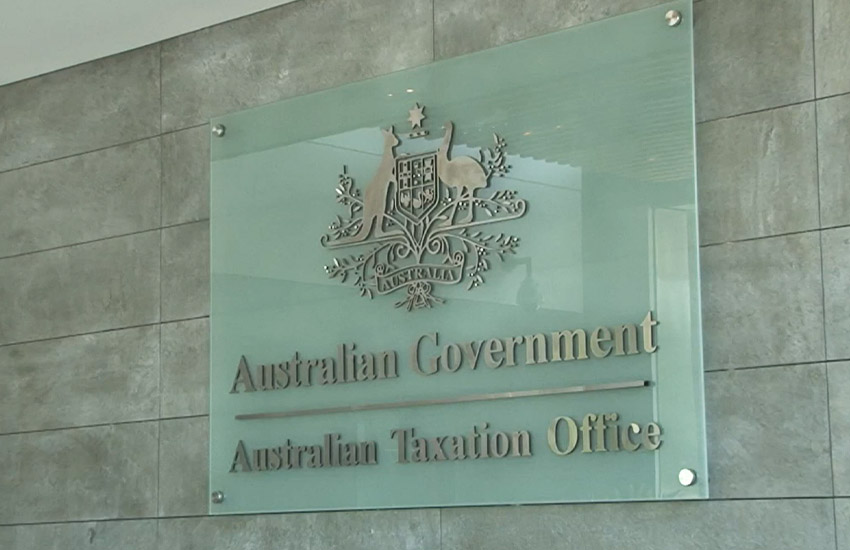The Tax Office has earmarked August and September as potential time frames to restart its tax debt collection activities, after it hit pause on such matters earlier this year due to COVID-19.
The timing of the recommencement of debt and lodgement engagement is likely to coincide with the purported economic cliff in September, when the government’s stimulus measures, such as JobKeeper, and a number of bank loan repayment deferrals come to an end.
You’re out of free articles for this month
The ATO said it is cognisant of the “September cliff” and noted that it would adopt a sympathetic approach to its engagement.
“The focus of activities will be on assistance and support, reaching out to clients to see how they are, and to offer any help they may need,” the ATO said.
Small businesses currently account for the overwhelming majority of tax debts, which hit $16.5 billion in the 2018–19 financial year.
Almost one in five small businesses entered into a payment plan with the ATO in 2018–19.
The Institute of Public Accountants general manager of technical policy Tony Greco believes tax debt collection will need to be handled delicately in a post-COVID-19 environment, particularly as some businesses may only be getting by with the assistance of the government’s stimulus measures.
“It’s a more difficult landscape going forward trying to collect debt when the government switches off life support for entities entitled to stimulus relief. It’s even more challenging than the post-GFC period when [the ATO] was instructed to go easy until the economy recovered,” Mr Greco told Accountants Daily.
“One of the huge issues for the government is that most of the stimulus measures did not discriminate between viable and non-viable businesses.
“The ATO will have to tread carefully to ensure it does not push viable businesses too hard too early and allows these businesses to get back onto their feet. For non-viable businesses, some tough calls need to be made going forward.
“A tailored approach will be required and we hope that individual circumstances, together with working with the business’s tax agent, will be the best way forward.”
Australian Small Business and Family Enterprise Ombudsman Kate Carnell has also urged the ATO to take a reasonable approach as it restarts its debt collection activities.
“We fully appreciate that it is the ATO’s role to collect tax and continuing to put off those things for a lengthy period of time just means that people will have more to pay at the end of that time,” Ms Carnell said.
“It’s important the ATO take an approach that understands people are doing it tough right now and they will need, in many cases, to give a reasonable approach to those sorts of issues.
“It is also important for the ATO not to put people in a position where they end up with very large amounts to pay down the track somewhere without a plan around that.”
Jotham Lian
AUTHOR
Jotham Lian is the editor of Accountants Daily, the leading source of breaking news, analysis and insight for Australian accounting professionals.
Before joining the team in 2017, Jotham wrote for a range of national mastheads including the Sydney Morning Herald, and Channel NewsAsia.
You can email Jotham at: This email address is being protected from spambots. You need JavaScript enabled to view it.

 Login
Login







